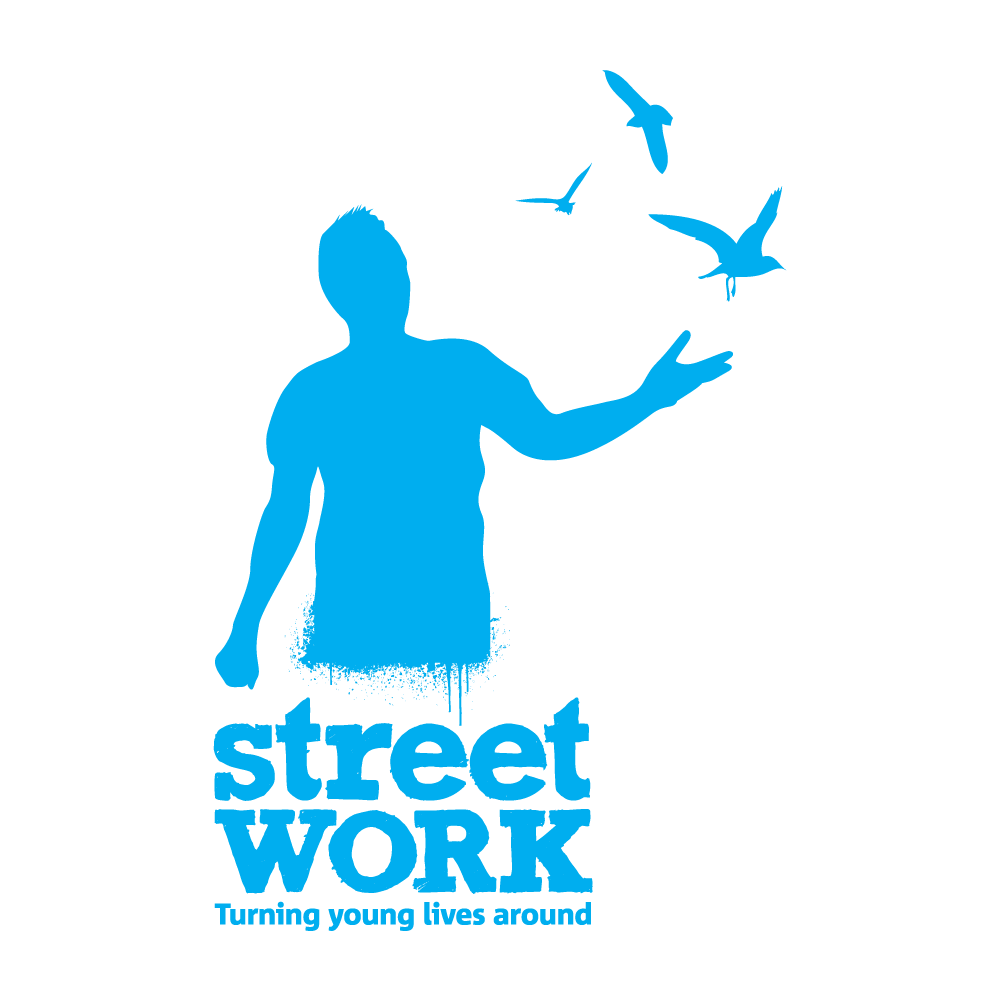Frequently asked questions
Why are Streetwork’s young people described as ‘at-risk’?
Streetwork’s 12-18-year-olds are referred to our Kickstart Mentor Program so that we can connect them with the community support services that best fit their mental health, accommodation, and education needs.
Our Youth Caseworkers (YCW) support young people to find happiness in positive relationships with their parents, teachers, employers, and friends.
Without access to Streetwork’s qualified team of youth caseworkers (also known as mentors), it is likely our young people will link their identity and friendship circle to youth homelessness and crime and to coping mechanisms such as substance and alcohol misuse.
These behaviours put their safety and their life at risk.
What does Streetwork do?
The 12 to 18-year-olds referred to our program struggle with mental health, substance misuse, school absenteeism, youth crime, and homelessness. To break the cycle of these destructive behaviours, we match our young people with a trained youth case worker who supports them to set and achieve goals to address their risk-taking habits.
What does a Streetwork Youth Caseworker do?
A Streetwork Youth Caseworker (YCW) follows the model and guidelines set out in our Kickstart Mentor Program. They act as a mentor, providing advice and support to address risk-taking behaviours.
We do this by first finding out what a young person is interested in, and then we go out and enjoy fun activities together and establish a connection.
Young people often note this as the Streetwork difference – they know that we care about them, their interests, and their strengths.
By establishing trust and building a rapport, we open the door to the young person being comfortable about talking to us about the goals that will address their risk-taking behaviours. After goal setting, we connect the young person with the right support programs for their needs.
What is Streetwork’s aftercare Program?
Once a young person has achieved their goals in their Kickstart Mentoring Program, they graduate into Streetwork’s Aftercare Program.
Streetwork does not ‘cut-and-run.’ During Aftercare, we support the young person for three months to ensure they still can benefit from a sense of connection and belonging to their Streetwork journey.
We greatly encourage the young people to take the lead and book the meetings and activities themselves in this phase. Our Aftercare Program is about building the life skills needed for healthy independence.
Why is Streetwork called Streetwork?
Founded in 1980 by Peter Hobbs, OAM, Streetwork has turned young lives around for over 40+ years.
Peter's belief that youth caseworkers (also referred to as mentors) should be accessible to young people is still relevant today. Our trained youth case workers meet young people in parks and cafes, outside - in the street – rather than in an office. That's why we are called 'Streetwork.'
What are Streetwork’s Values?
Streetwork values diversity and respects the beliefs and rights of each individual. We are non-judgemental, builders of self-esteem, and nurture solid and respectful relationships with the youth in our program, our staff, sponsors, and volunteers. Streetwork values education, personal growth and is an active participant in the local community.
Streetwork promotes engagement with learning pathways
Streetwork supports young people to stay engaged with their school and teachers
Breaking the cycle of school disengagement
Why do at-risk young people disengage from school?
One of the top five life goals our vulnerable young people set when they first start their Streetwork journey is to return to school and complete their education.
The reasons they disengage from their education vary. A common cause is that the young person's basic needs - sustenance, shelter, and emotional support - are not being met. It's difficult to attend school and concentrate in a classroom situation when you are hungry, sleeping rough, and struggling emotionally with the fear and confusion that accompanies destructive family relationships and domestic violence.
IS EDUCATION IMPORTANT?
At Streetwork, we believe that education should be accessible to everyone. A positive experience at school develops self-identity, increases self-esteem, and nurtures a sense of security and belonging. Engagement in education also impacts a young person's life trajectory. It underpins their ability to find employment and achieve financial independence. As a safety net that guards against poverty, the benefits of education are intergenerational.
Many at-risk young people struggle at school - leaving without completing Year 12 and later failing to gain qualifications or work skills. Without support, they are often ill-equipped to thrive and provide for themselves and their families.
One in eight young people will not complete their HSC. Some, but not all these people, make up the 15% of young people who will be disengaged from full-time work, study, or training for most of their lives.
Due to the impacts of a lifetime of dependence on government support and the costs incurred by the public health and criminal justice systems, the price paid by these young individuals, their families, and the Australian economy is high. A conservative estimate* associated with each early school leaver over their lifetime is $951,000*.
HOW DOES STREETWORK RE-ENGAGE YOUNG PEOPLE WITH THEIR EDUCATION?
Streetwork's Youth Caseworkers (mentors) support young people to overcome the obstacles stopping them from returning to school and completing their education. They connect the 11–18-year-olds in our Kickstart Mentoring program with the; teachers, school welfare staff, and specific youth services in the community that can help them achieve their 'return to school' goal.
Your donations to Streetwork are critical because they support young people break the cycle of school disengagement so that they are free to enjoy social and financial wellbeing.
* Source: Lamb and Huo calculation; includes financial and social costs





